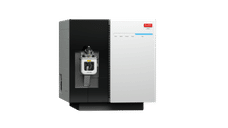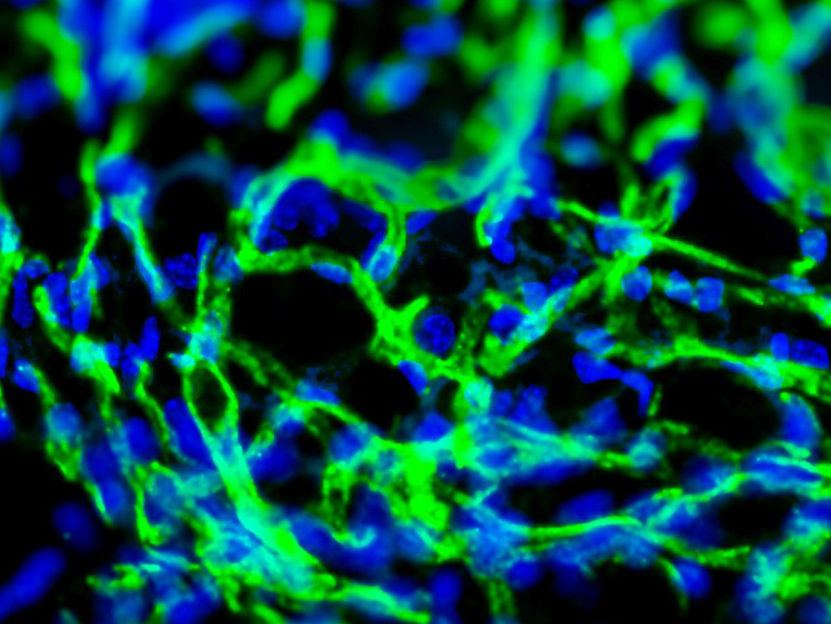Coronavirus: Researchers develop new rapid and reliable detection method
Advertisement
Commercially available mass spectrometers can reliably detect the SARS-CoV-2 coronavirus. In the journal "Clinical proteomics" researchers from the Martin Luther University Halle-Wittenberg (MLU) present a new method which employs equipment that is already being used in hospitals and laboratories to detect bacterial and fungal infections. It takes just two hours from swab to result. According to the team, the approach can also be easily adapted to detect other pathogens and could thus help in future pandemics.
The new method requires a nasal or throat swab. The sample needs to be prepared before it can be analysed by a mass spectrometer, which takes only a few seconds. In MALDI-TOF mass spectrometry, a laser pulse is used to transfer the sample to the gas phase - then the mass of the individual components is measured. "This allows us to directly and unambiguously measure individual virus particles of the coronavirus. Thus false-positive results can be ruled out," says Professor Andrea Sinz from the Institute of Pharmacy at MLU, who specialises in mass spectrometry and proteins. Her team was already able to show in July 2020 that mass spectrometers are generally capable of detecting SARS-CoV-2. However, at this time, the method was still time-consuming and required very high-end equipment.
The advantage of the new method is that MALDI-TOF mass spectrometers are already being used in many laboratories and clinics to diagnose bacterial or fungal infections and are thus readily available. The devices can even distinguish between different variants of the virus. However, the method is not yet as sensitive as polymerase chain reaction (PCR), the most sensitive corona test to date. This means that not all infections may be detected when there is a very low viral load. On the other hand, it is much faster and more flexible. "In acute phases, the method would make an ideal addition to PCR because we would be able to analyse a lot of samples very quickly. Rapid and reliable results may make it easier to contain outbreaks," explains Lydia Kollhoff, lead author of the study. Moreover, the approach could be adapted rather easily to other pathogens in future pandemics and supplement PCR testing.
The scientists from Halle want to further optimise the method in partnership with the University of Leipzig Medical Centre. Following this, the method would undergo a certification process so that it could be used clinically.
Original publication
Other news from the department science
These products might interest you
Most read news
More news from our other portals
See the theme worlds for related content
Topic World Mass Spectrometry
Mass spectrometry enables us to detect and identify molecules and reveal their structure. Whether in chemistry, biochemistry or forensics - mass spectrometry opens up unexpected insights into the composition of our world. Immerse yourself in the fascinating world of mass spectrometry!

Topic World Mass Spectrometry
Mass spectrometry enables us to detect and identify molecules and reveal their structure. Whether in chemistry, biochemistry or forensics - mass spectrometry opens up unexpected insights into the composition of our world. Immerse yourself in the fascinating world of mass spectrometry!



























































